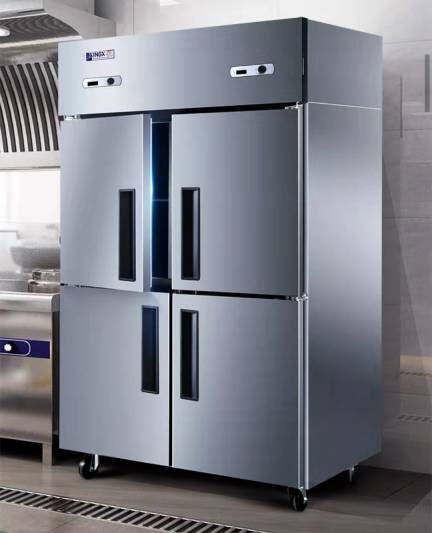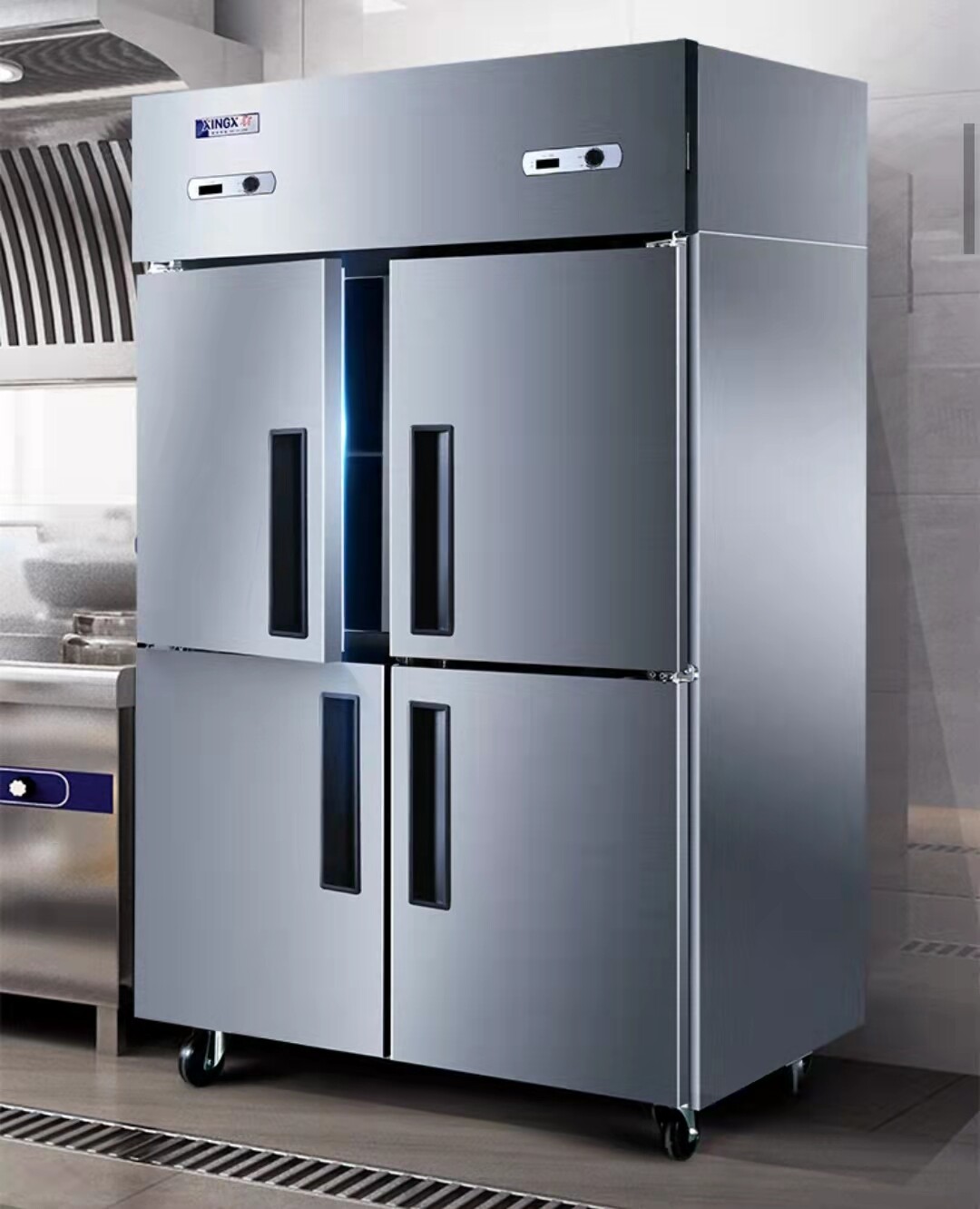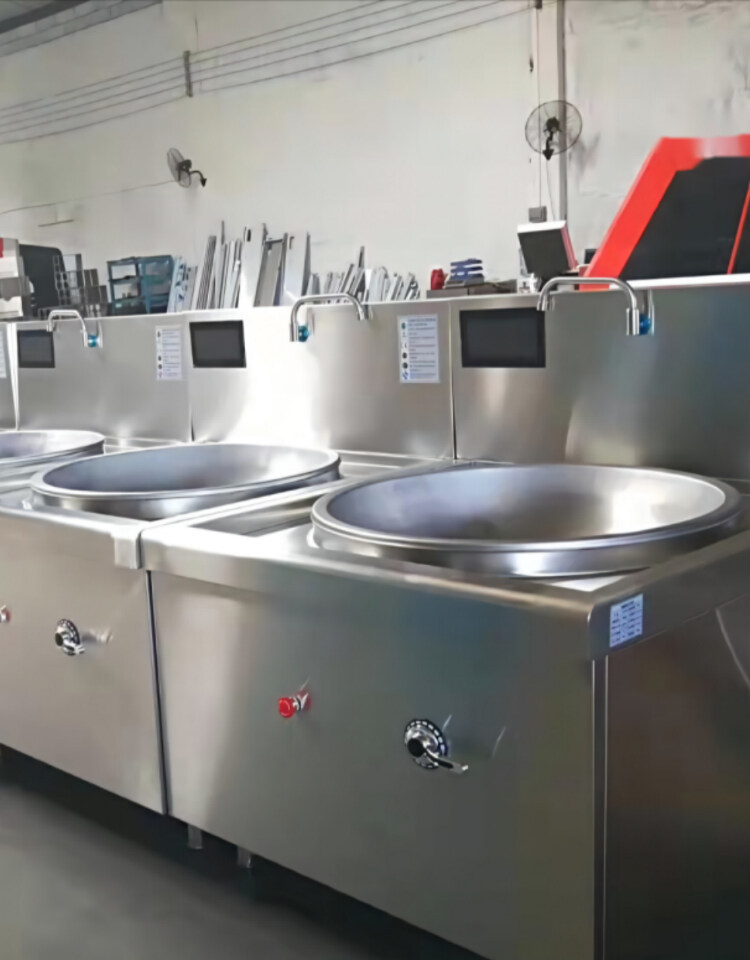Email format error
Email cannot be empty
Email already exists
6-20 characters(letters plus numbers only)
The password is inconsistent
Email format error
Email cannot be empty
Email does not exist
6-20 characters(letters plus numbers only)
The password is inconsistent

Sheet Metal Cnc Laser Cut Exporter Factory

The Role of OEM Commercial Refrigeration Equipment
In the bustling world of food and beverage, where freshness is key and safety is paramount, the backbone of any successful operation lies in the cold chain. At the heart of this cold chain are OEM (Original Equipment Manufacturer) commercial refrigeration equipment, which play a crucial role in maintaining the integrity and quality of perishable goods. This blog delves into the multifaceted world of OEM commercial refrigeration, exploring its importance, the benefits it offers, and how it shapes the future of cold storage.
The Importance of Commercial Refrigeration
Commercial refrigeration is not just about keeping food and beverages cool; it's about preserving life. According to the United Nations Food and Agriculture Organization, approximately one-third of all food produced for human consumption is lost or wasted globally. Efficient refrigeration systems can significantly reduce this figure by maintaining optimal temperatures throughout the supply chain, from production to consumption.
The Role of OEM in Commercial Refrigeration
OEMs are companies that manufacture equipment, parts, or systems that are used as components in products that are then sold by other companies. In the context of commercial refrigeration, OEMs design and produce a wide array of equipment, from walk-in coolers and freezers to refrigerated display cases and under-counter units. These products are then integrated into the broader systems used by businesses in the food service and retail industries.
Benefits of OEM Commercial Refrigeration Equipment

Customization
One of the primary advantages of OEM commercial refrigeration equipment is customization. Businesses can work directly with manufacturers to create refrigeration solutions tailored to their specific needs. Whether it's a restaurant needing a custom walk-in cooler to fit a particular space or a supermarket requiring display cases with specific dimensions, OEMs can accommodate these requests, ensuring that the equipment fits seamlessly into the business's operations.
Quality Control
OEMs maintain strict quality control standards throughout the manufacturing process. This ensures that the equipment produced is reliable, durable, and efficient. High-quality refrigeration equipment is less likely to break down, reducing downtime and maintenance costs for businesses.
Cost-Effectiveness
By purchasing directly from the manufacturer, businesses can often save on costs associated with middlemen. OEMs can offer competitive prices, making high-quality commercial refrigeration equipment more accessible to a wider range of businesses.
Technological Advancements
OEMs are at the forefront of technological innovation in the refrigeration industry. They invest heavily in research and development, leading to advancements such as energy-efficient systems, smart refrigeration technologies, and environmentally friendly refrigerants. These innovations not only help businesses save on energy costs but also contribute to sustainability efforts.
Wider Range of Options
OEMs offer a comprehensive range of commercial refrigeration equipment, from traditional models to the latest technological marvels. This variety allows businesses to choose the equipment that best suits their specific requirements, whether they need standard refrigeration units or cutting-edge, IoT-enabled systems.
The Future of Cold Storage with OEM Commercial Refrigeration
The future of cold storage is poised to become more intelligent, efficient, and sustainable, thanks in part to OEM commercial refrigeration equipment.
Smart Refrigeration
The integration of IoT (Internet of Things) technology into commercial refrigeration is transforming the way businesses manage their cold storage. Smart refrigeration systems can monitor and adjust temperature and humidity levels in real-time, reducing spoilage and waste. They can also provide predictive maintenance insights, alerting businesses to potential issues before they become critical.
Energy Efficiency
As environmental concerns continue to grow, the demand for energy-efficient refrigeration equipment is on the rise. OEMs are responding by developing equipment that consumes less energy without compromising on performance. This not only helps businesses reduce their carbon footprint but also saves on energy costs in the long run.
Sustainability
The shift towards more sustainable practices extends to the refrigerants used in commercial refrigeration equipment. OEMs are phasing out the use of harmful refrigerants and replacing them with environmentally friendly alternatives that have a lower global warming potential.
Modular Design
To accommodate the evolving needs of businesses, OEMs are increasingly offering modular refrigeration systems. These systems can be easily scaled up or down as needed, providing flexibility for businesses that may experience fluctuating demand or are looking to expand.
Predictive Analytics
OEMs are leveraging data analytics to offer predictive services that help businesses anticipate and manage their refrigeration needs more effectively. By analyzing data from various sources, including weather patterns and sales data, these systems can predict peak demand periods and adjust refrigeration accordingly.
Conclusion
OEM commercial refrigeration equipment is not just a necessity for the food and beverage industry; it's a critical component in ensuring food safety, reducing waste, and driving sustainability. As technology continues to advance, the role of OEMs in shaping the future of cold storage becomes even more significant. By embracing these advancements, businesses can not only improve their operations but also contribute to a more sustainable and efficient food supply chain. The future is cold, but with OEM commercial refrigeration equipment, it's also bright.

